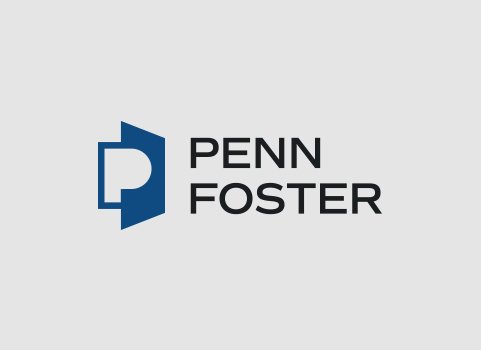
A Stable Career as a Medical Billing and Coding Professional Might Be for You
The healthcare industry is one of the most stable for job growth. It makes sense. With a continuously aging population, the occasional illness, and preventive care, the need for doctors, nurses, medical assistants, and others is on the rise. Those in the medical billing and coding field are as vital to patient care as the doctors and nurses, but what does this career involve?
Aug 02, 2018
2 min read
The healthcare industry is one of the most stable for job growth. It makes sense. With a continuously aging population, the occasional illness, and preventive care with yearly check ups, work for doctors, nurses, medical assistants, and others is on the rise. Aside from what you see on the front line, the industry requires behind the scenes positions such as medical billing and coding professionals. With over 200,000 medical records and health information jobs in the United States and a faster than average expected growth over the next ten years, now is a great time to start toward a career in Medical Billing and Coding. What does this career involve?
Medical codes help summarize lengthy reports from physicians and hospitals on services provided to patients, while the billing portion translates the code or health services to ensure the practice receives the correct reimbursement from insurance companies, making this position vital to the healthcare and health insurance industry! Medical billing and coding professionals are responsible for two different jobs. First, they review clinical statements and assign standard codes to medical services using industry-wide systems. Second, they translate medical codes in order to submit and follow up on claims with health insurance companies. On an average day, those in the field typically:
- Review patient information for preexisting conditions, such as diabetes, so patient data can be coded correctly.
- Assign appropriate diagnoses and procedure codes for patient care, population health statistics, and billing purposes.
- Work as a go-between for the healthcare providers and billing offices.
- Process and submit claims from physicians offices.
- Post payments and payment information where appropriate.
- Follow up with insurance companies and patients regarding claims and payment.



